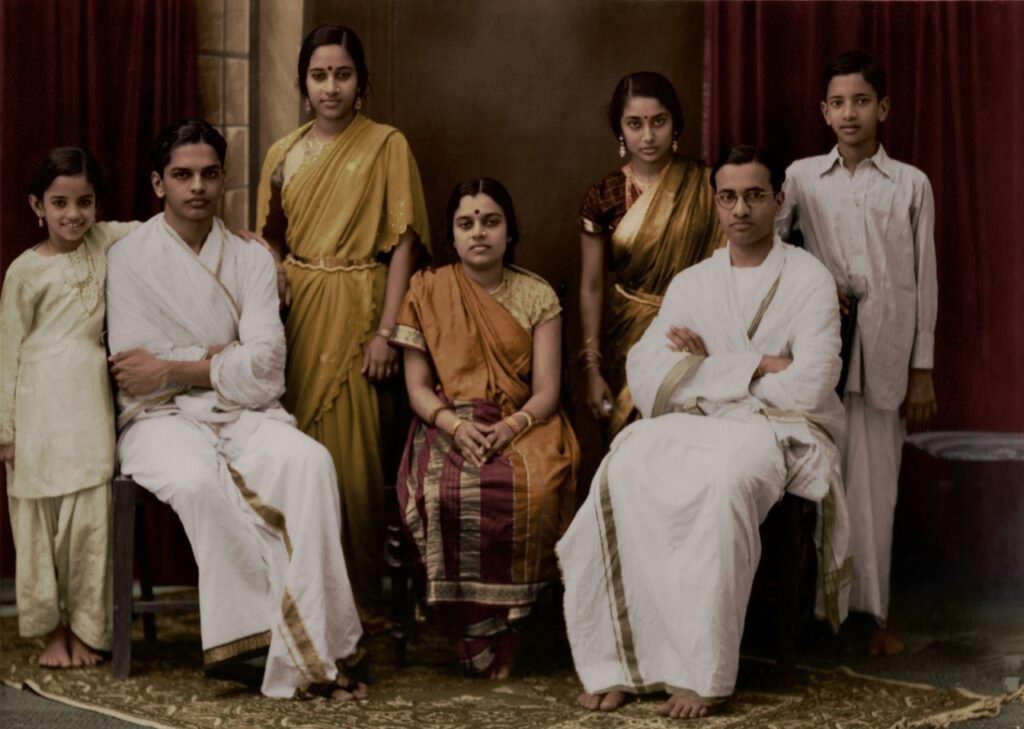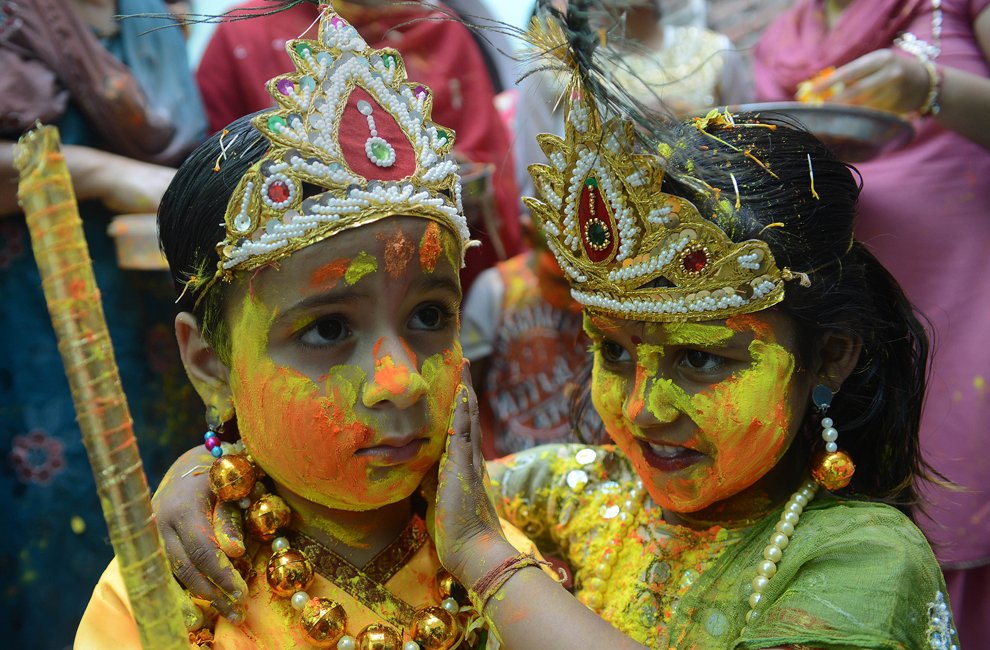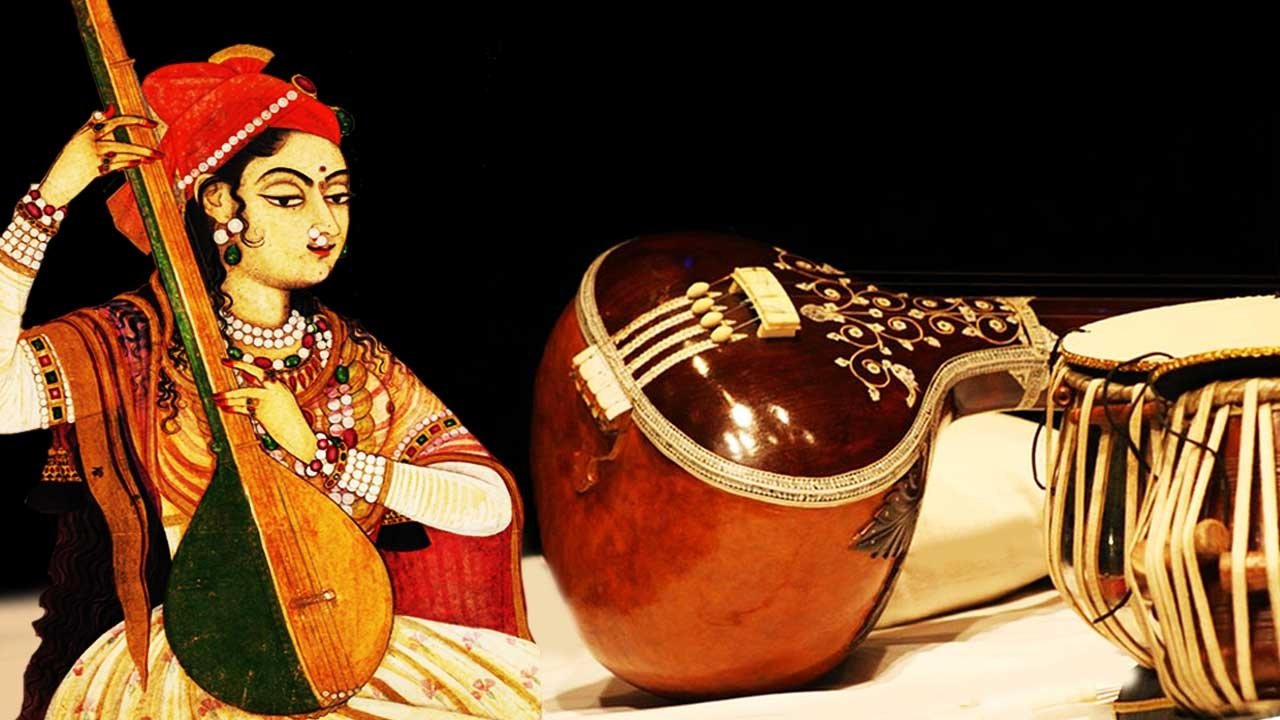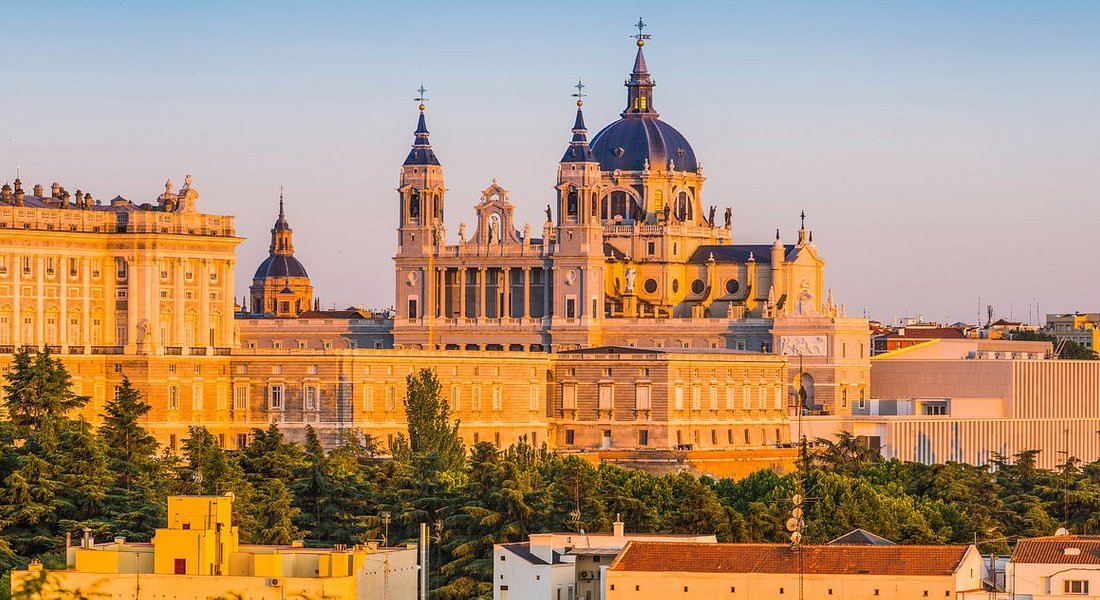Introduction to India’s Cultural Values
Is India losing its cultural values? This question has been on the minds of many Indians lately. India is a country of diversity, known for its rich cultural heritage, diverse traditions, and religious beliefs. The country has a long history and is home to some of the oldest civilizations in the world.
The cultural values of India have played an important role in shaping the country’s identity and have been passed down from generation to generation. Recently, however, there has been growing concern about the loss of India’s cultural values. The country’s rapid urbanization, globalization, and gradual Westernization are having a profound impact on traditional Indian values and customs.
This article aims to examine the various factors that are contributing to this trend and explore ways to preserve and promote India’s cultural heritage.
Factors Contributing to the Loss of Cultural Values
Concern about the loss of India’s cultural values has increased in recent years, and various factors are contributing to this trend. A major factor is globalization, which has brought Western influences to India in the form of music, fashion, and lifestyle. This exhibition brought about a change in the traditional values and beliefs of Indian society and constructed a sense of conflict between traditional and modern values. The effects of globalization on Indian culture are reflected in changing attitudes towards marriage, family, and gender roles.
In addition, rapid urbanization has led to a change in cultural values. People are moving away from traditional rural lifestyles and embracing modern lifestyles. The migration of people from rural areas to urban centers has created a new urban culture that differs from traditional rural culture. Urbanization has led to the loss of traditional skills and crafts and growing urban populations have created a range of new social and economic challenges.
The colonization of India by the British and subsequent exposure to Western culture also contributed to the loss of traditional cultural values. The influence of the British can be seen in the Indian educational system, legal system, and administrative practice. The British introduced English, which became the language of education, commerce, and administration in India. The influence of British culture can also be found in Indian cuisine, clothing, and architecture. British influence from then on created a sense of cultural inferiority among Indians and affected perceptions of Indian culture.
Recently, there has been an increasing sign emphasis on materialism and consumerism, which has led to a decrease in the importance of spiritual and cultural values. The pursuit of wealth and material possessions has become a priority for many people, leading to a shift in priorities. The emphasis on consumption has meant that traditional values such as simplicity, humility, and contentment have lost importance.
The increasing use of technology has also led to a change in cultural values. People are more focused on digital platforms and social media, which are often at odds with traditional cultural values. The use of technology has led to a change in communication patterns, which has led to a decrease in face-to-face interactions. The increasing use of social media has led to the erosion of privacy and the spread of fake news and misinformation. Social media has become a source of entertainment and information, leading to a decline in the importance of traditional cultural activities. Technology has also led to the loss of traditional skills and crafts as people rely more on machines and automation.
In summary, India’s cultural heritage is a source of pride and identity for the country and its people. The loss of traditional cultural values can have a profound impact on a country’s identity and future. While globalization, urbanization, westernization, materialism, and technology have contributed to the erosion of traditional cultural values, there is still hope to preserve and enhance India’s cultural heritage, it is important to recognize the importance of traditional cultural values and take steps to protect and promote them.

Impact of the Loss of Cultural Values
The loss of cultural values can have serious consequences for Indian society. One of the most significant effects is the loss of identity among Indians. When people lose their cultural roots, they can feel disconnected from their heritage, leading to feelings of alienation and exclusion. This loss of identity can lead to social and psychological problems as people struggle to find a sense of belonging in a rapidly changing world.
Traditional values such as community, family, and social responsibility have been eroded over time, leading to a breakdown in social cohesion. This fragmentation can create conflict and tension between different social groups, creating a sense of division and hostility. In the absence of shared values and beliefs, people become more focused on individualism, which can lead to further fragmentation.
The loss of cultural values also means the loss of India’s cultural heritage. India has a rich cultural heritage dating back thousands of years. It is important to preserve and promote this legacy for future generations. The disappearance of traditional crafts, arts, music, and literature is a loss for Indian culture and history. India’s cultural heritage gives its people a sense of pride and identity, and its loss can be detrimental to the country’s cultural identity.
In some cases, there is a conflict between traditional and modern values. There is a marked shift in attitudes towards marriage, family, and gender roles as the traditional system of shared families are replaced by nuclear families and the concept of residential relationships is increasingly accepted. The influence of Western culture on Indian society is undeniable. Urbanization has also led to a change in cultural values. People are moving away from traditional rural lifestyles and embracing modern lifestyles. The migration of people from rural areas to urban centers has created a new urban culture that differs from traditional rural culture.
Materialism and consumerism have also meant that spiritual and cultural values have become less important. The pursuit of wealth and material possessions has become a priority for many people, leading to a shift in priorities. The emphasis on consumption has meant traditional values such as simplicity, humility, and contentment have lost importance. The increasing use of technology has also led to a change in cultural values. People are more focused on digital platforms and social media, which are often at odds with traditional cultural values.
The use of technology has led to a change in communication patterns, which has led to a decline in face-to-face interactions. In summary, the loss of cultural values in India can have profound consequences for people and society. Loss of identity, fragmentation of society, and loss of wealth are just some of the consequences. Globalization, urbanization, westernization, materialism, consumerism, and technology are just some of the factors contributing to the loss of cultural values. It is important to preserve and promote India’s rich heritage and cultural values.

Preserving India’s Cultural Values
Preserving India’s cultural values is essential to safeguarding the country’s rich heritage and identity. Education plays a vital role in protecting India’s cultural values by instilling in children a sense of pride in their cultural identity. It is important to instill in children traditional values such as respect for elders, family values, and social responsibility. Education should also focus on promoting traditional arts, crafts, music, and literature, as they are an important part of India’s cultural heritage.
Tourism can also contribute to the preservation of India’s cultural heritage. India has a rich cultural heritage that attracts tourists from all over the world. The government should encourage tourism that showcases Indian heritage, thereby raising awareness and generating revenue that can be used to preserve and promote it. The revival of traditional craftsmanship is an essential part of preserving India’s cultural heritage.
India has a rich tradition of handicrafts, and the government should encourage its revival by training and financially supporting the artisans. Using traditional craftsmanship in modern products can make them more appealing to the younger generation. The promotion of traditional festivals is another way to preserve India’s cultural values.
India has a rich tradition of festivals celebrating various aspects of its cultural heritage. The government can encourage the celebration of traditional festivals by organizing cultural events, fairs, and exhibitions. This will not only raise awareness of India’s cultural heritage but also promote social cohesion and harmony.
In addition to the above measures, the government should also take measures to protect and preserve monuments and monuments. These sites are an integral part of India’s cultural heritage and must be protected from environmental degradation and human activities. The government should also take steps to encourage the restoration and preservation of historical sites and monuments that will attract tourists and raise awareness of India’s rich cultural heritage.
In addition, the promotion of traditional and indigenous knowledge systems is essential to the preservation of India’s cultural values. Traditional knowledge systems such as Ayurveda, Yoga, and Vastu Shastra are integral parts of India’s cultural heritage. The government should take steps to nurture these traditional knowledge systems and ensure that they are not lost to modernization. Overall, safeguarding India’s cultural values requires a concerted effort by the government, individuals, and communities. Measures must be taken to promote and protect India’s cultural heritage in order to preserve its identity and uniqueness in the world.
By instilling a sense of pride in India’s cultural heritage, promoting tourism, reviving traditional crafts, celebrating traditional festivals, preserving historical sites, and promoting traditional knowledge systems, India can preserve its cultural values for generations to come.

Conclusion
In summary, India is a country of cultural diversity and richness. India’s cultural values are an integral part of its identity and heritage. However, there are growing fears that India’s cultural values are slowly disappearing due to various factors such as globalization, urbanization, and westernization.
The loss of cultural values can lead to loss of identity, fragmentation of society, and the disappearance of cultural heritage. It is important to preserve and promote the cultural values of India by educating children, promoting tourism, reviving traditional crafts, and promoting traditional festivals. Only by protecting India’s cultural values can India continue to be a unique and vibrant country.
The Story of Religion: Has It Made Us Better or Worse? Trybe News




